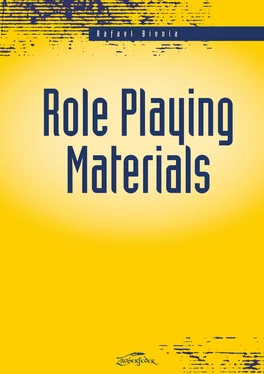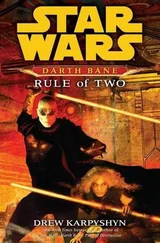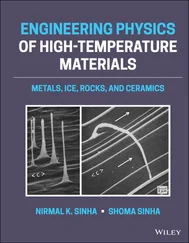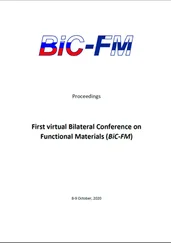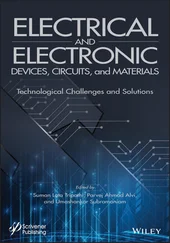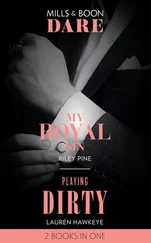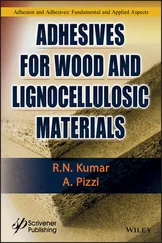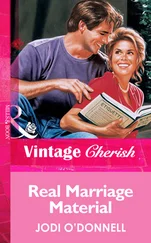ROLE PLAYING MATERIALS

Rafael Bienia
„Role Playing Materials“
This dissertation has been randomly chosen for an originality check.
The electronic and manual plagiarism tests by the Maastricht University Library under the supervision of the Board of Deans have been negative.
Copyright ©2016 Zauberfeder GmbH, Braunschweig
Autor:Rafael Bienia Satz und Layout:Christian Schmal Herstellung:Tara Tobias Moritzen Druck und Bindung:Schaltungsdienst Lange, Berlin
Alle Rechte vorbehalten.
Kein Teil dieses Werkes darf ohne schriftliche Einwilligung des Verlags in irgendeiner Form (Fotokopie, Mikrofilm oder ein anderes Verfahren) reproduziert oder unter Verwendung elektronischer Systeme verarbeitet, vervielfältigt oder verbreitet werden.
Printed in Germany
ISBN: 978-3-938922-62-0
www.zauberfeder-verlag.de
Hinweis:
Das vorliegende Buch ist sorgfältig erarbeitet worden. Dennoch erfolgen alle Angaben ohne Gewähr. Autoren und Verlag bzw. dessen Beauftragte können für eventuelle Personen-, Sach- oder Vermögensschäden keine Haftung übernehmen.
Dissertation
to obtain the degree of Doctor at Maastricht University,
on the authority of the Rector Magnificus, Prof. dr. L.L.G. Soete
in accordance with the decision of the Board of Deans,
to be defended in public
on Thursday 28. April 2016, at 14.00 hours
by
Rafael Peter Bienia
Promotor:
Prof. dr. Sally Wyatt
Copromotor:
Dr. Karin Wenz
Assessment Committee:
Prof. dr. Renée van de Vall (chair)
Dr. Marinka Copier (HKU University of Arts Utrecht)
Prof. dr. Maaike Meijer
Prof. dr. Frans Mäyrä (University of Tampere)
Acknowledgements
Chapter 1: Introduction
Chapter 2: Methodology & Theory
2.1 Introduction, or Following Materials to Multiple Role-Playing Game Sites
2.2 Introduction to Actor-Network Theory, or Building a Vocabulary
2.2.1 Actors, or various sites of action
2.2.2 Network, or action at a distance
2.2.3 Agency, or making a difference
2.2.4 Mediator and intermediary, or translating agency
2.3 Methodology, or Selection of Qualitative Empirical Data
2.3.1 From participant observation to field notes
2.3.2 From semi-structured interviews to transcripts
2.3.3 Ethical considerations
2.4 Theory, or an Actor-Network Vocabulary for Game Studies
2.4.1 Play
2.4.2 Role playing
2.4.3 Game
2.4.4 Role-playing games
2.4.5 Table 1. A vocabulary for an actor-network study of role playing
2.4.6 Situating the study
2.5 Conclusion, or a Vocabulary for Writing about Role Playing Materials
Chapter 3: Larp
3.1 Introduction, or Following the Garb
3.2 Problem, or Stories and Rules are not enough
3.3 Results, or Material Work in German Larp
3.3.1 A rhizome of actions
3.3.2 A short actor-network history of German larp
3.3.3 Role playing with garb
3.4 Conclusion, or an Actor-Network Study of German Larp in the 2010s
Chapter 4: Mixed Reality Role-Playing Games
4.1 Problem, or an Emerging Technology
4.2 Introduction, or Reassembling Realities
4.2.1 A second chance for augmented and virtual reality technology
4.2.2 Computers everywhere
4.3 Results, or Following Emerging Technologies with Role Playing
4.3.1 Obscurus 2 or Larp and Augmented Reality
4.3.2 Virtual reality and role playing
4.4 Conclusion, or Before the Blackbox of Mixed Reality Role-Playing Games
Chapter 5: Tabletop Role-Playing Games
5.1 Introduction, or “Compare it with Improvisation Theatre”
5.2 Problem, or Experiments With a Messy Network
5.3 Results, or Let the Materials Speak
5.3.1 Light
5.3.2 Table
5.3.3 Battle map
5.3.4 Character sheet
5.3.5 Pencil
5.3.6 Game master screen
5.4 Conclusion, or Lights Out
Chapter 6: Conclusions
6.1 Summary of Empirical Chapters
6.2 Main Findings
6.2.1 Ontological findings
6.2.2 Epistemological findings
6.3 Implications
6.3.1 Actor-network theory and game studies
6.3.2 Actor-network theory and methodology
6.3.3 Ephemeral role playing phenomena and material actors
6.3.4 Ethical implications of game material mass production
6.4 Limitations
6.5. Suggestions for Future Studies
6.6 Final Thoughts on Role Playing Materials
Appendix A: Participant Observation
Appendix B: Interviews
List of Tables
References
Summary in English
Samenvatting (Summary in Dutch)
Valorization Addendum
About the Author
This dissertation is a network that includes many people who supported me during the past years. Let me take some time and say my thanks.
First of all, I want to thank my supervisors Sally Wyatt and Karin Wenz. Your support and guidance helped me to stay on track without losing my enthusiasm for the diversity of academic work. Your detailed and constructive feedback improved my academic skills immensely.
This dissertation was part of the NWO funded project “Narrative Fan Practices” led by Karin Wenz. With Karin, Nicolle Lamerichs, and Maarten Michielse, I was in the lucky position to be part of a team of excellent scholars. From our joint work, I learned the visible and invisible trades of our profession and I can only hope that my contribution was of any help to you.
To Lotte and Maarten. I enjoyed every time we shared so far. Whether it was a cappuccino with Lotte to discuss our chapters, or a chocomel with Maarten at Bandito’s – it was always a pleasure to see you. I am glad that you became my paranymphs. Paranymphs are basically two angels taking care of the nervous wreck before, during, and after the defense. Whatever happens, thank you for this in advance!
To my colleagues at the Faculty of Arts and Social Sciences (FASoS) in general and the research program Arts, Media and Culture (AMC) in particular. AMC has made me feel at home, treating me as a proper colleague, giving me opportunities to teach in your courses, give lectures, and contribute to this wonderful community. Special thanks to Louis van den Hengel, Jack Post, Daniel Stinsky, and Renée van de Vall. I am grateful for the meetings of our Media & Aesthetics group led by Ike Kamphof, who also helped me as my BKO coach to master Problem Based Learning.
To my colleagues of the research program Maastricht University – Science, Technology and Society Studies (MUSTS). I had the opportunity to benefit from your advice, feedback, and an open ear during several lectures, an introductory course, and one summer workshop. Special thanks to Wiebe Bijker, Karin Bijsterveld, Jessica Mesman, Bernike Pasveer, and Julia Quartz-Topp.
To the reading group on Practice Theory, initiated by Jessica Mesman, it was a great opportunity to see and learn with colleagues from both programs, AMC and MUSTS. I am grateful to have been part of this fruitful collaboration within FASoS, because I experienced how interdisciplinary work really works within a faculty.
Many thanks to Geert Somsen and Alexandra Supper who led the graduate school and who were always keen on improving the diversity of topics of lectures and workshops. I had the opportunity to contribute several times with workshops and profited from many sessions on the life around a Ph.D.
Читать дальше
